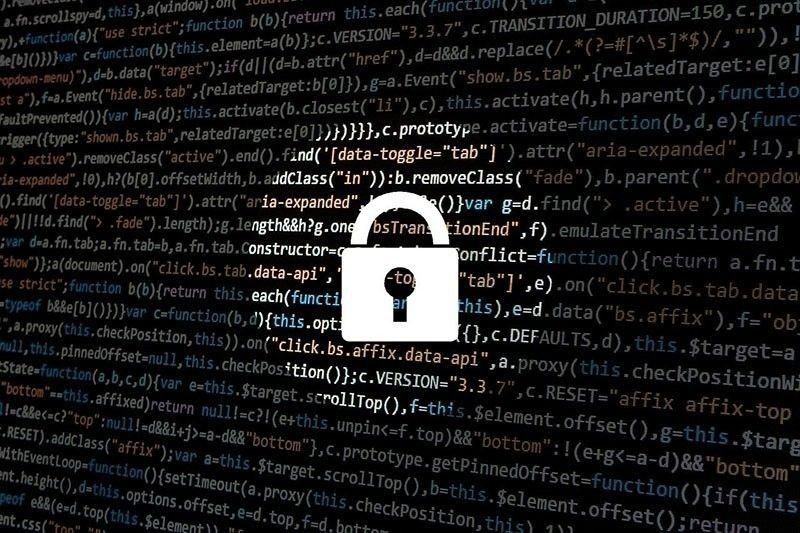Cyberattacks soar in first half

MANILA, Philippines — Cyberattacks in the Philippines almost doubled to 4.88 million cases from January to June compared to only 2.46 million in the same period last year as the pandemic forced more employees to work from their own homes where protection from malware and cyberattacks is poor or almost non-existent, according to global security and digital privacy provider Kaspersky.
Kaspersky recorded a 98 percent jump in brute-force attacks versus Microsoft’s remote desktop protocol (RDP) among users in the Philippines from January to June.
A brute-force attack is a way to guess a password or encryption key by systematically trying all possible combinations of characters until the correct one is found, while the RDP is Microsoft’s proprietary protocol used to control servers and remotely connect to other computers running Windows.
A brute-force RDP attack targets a device running Windows and tries to find a valid RDP login or password pair. If successful, it allows an attacker to gain remote access to the targeted host computer.
As early as March last year, Kaspersky researchers have observed a skyrocketing increase in cybercriminal activity, particularly attacks against corporate resources when remote work was hastily pushed among employees worldwide.
Yeo Siang Tiong, general manager for Southeast Asia at Kaspersky, said the hurried mass transition to home working has given cyber criminals the logical conclusion that poorly configured RDP servers would surge, resulting in a sharp jump in the number of attacks.
“Now that remote work is projected to be the next step as the future of business evolves, it would be to every company’s advantage to pay attention to establishing and improving their cybersecurity policies,” Tiong said.
Tiong warned attacks on remote-access infrastructure, including collaboration tools, are unlikely to stop any time soon so businesses and employees should look into securing their work from home set-up better.
Kaspersky urged companies whose workforce are using RDP to help their remote staff work safe by taking possible protective measures including use of strong passwords, make RDP available only through a corporate VPN, use Network Level Authentication (NLA), enable two-factor authentication, if possible, among others.
The company also urged businesses and employees to use of reliable security solutions such as the Kaspersky Total Security (KTS) for advanced scanning to detect fileless malware and Zero-Day threats as well as the Extended Protection beneficial for securing the WI-FI network and peripherals.
Going close to two years into the pandemic, Kaspersky said home computers used for remote work are still below corporate cybersecurity standards.
- Latest
- Trending





























